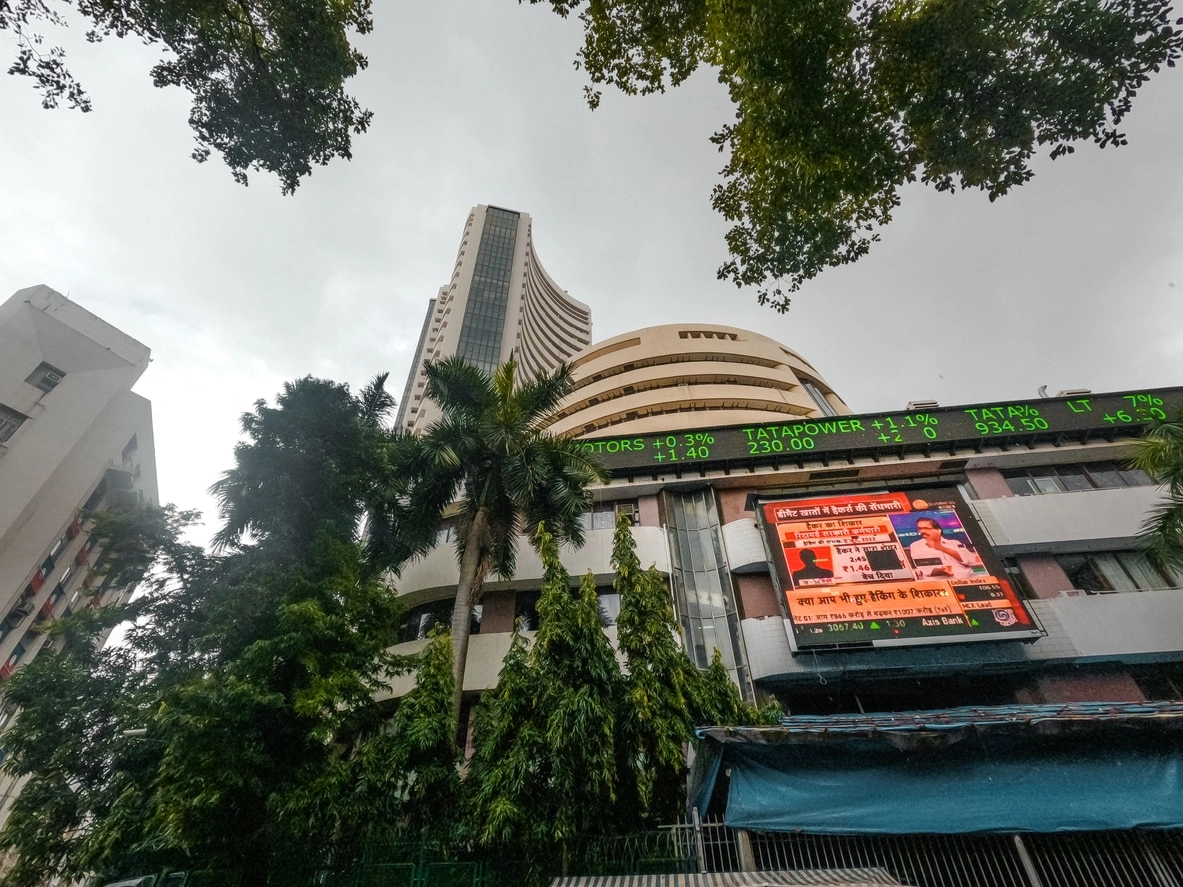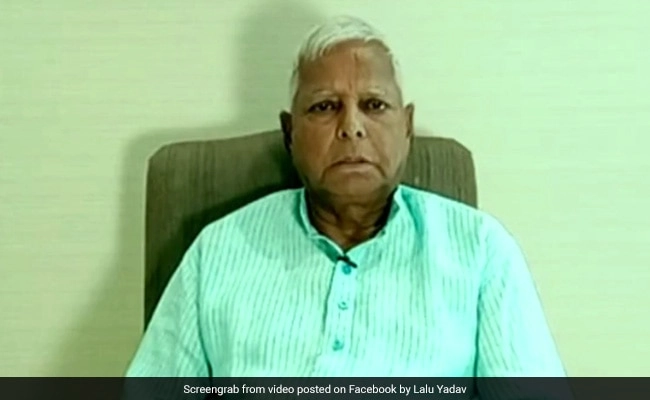The Indian stock market experienced a significant downturn, with the Sensex plummeting by over 900 points, largely influenced by the rising tensions following the recent terror attack in Pahalgam. The attack, which has raised serious concerns about security and stability in the region, has created a ripple effect in investor sentiment, prompting widespread selling across various sectors. This decline reflects not only the immediate impact of geopolitical tensions but also highlights the sensitivity of market dynamics to external threats.
As investors reacted to the escalating situation, the broader market sentiment turned negative, leading to a sharp decline in stock prices. Sectors such as banking, consumer goods, and travel were particularly hard hit, as uncertainty loomed over economic stability and growth prospects. Analysts suggest that the market’s response is indicative of a broader apprehension about how such incidents can affect consumer confidence and spending, which are crucial for the economy’s recovery trajectory. The Pahalgam attack is not just a local security issue; it resonates with investors who are wary of how prolonged instability can disrupt business operations and deter foreign investments.
Moreover, the geopolitical landscape in the region has become increasingly complex, as responses from various political entities and international players are closely monitored. The government’s ability to manage the situation effectively will be crucial in restoring investor confidence. Observers note that the market often reacts sharply to such incidents, reflecting a historical pattern where security concerns overshadow economic fundamentals. Stakeholders are now looking for clear communication from authorities and a robust strategy to address these challenges, in hopes of stabilizing the market and mitigating further losses.
In the wake of these developments, market analysts are urging investors to remain cautious. While some may see this as an opportunity to buy at lower prices, the prevailing uncertainty surrounding the security situation may deter many from taking such risks. The Sensex’s dramatic fall serves as a reminder of how interconnected global markets are and how quickly sentiment can shift due to unforeseen events. As the situation evolves, the focus will remain on both immediate responses and longer-term strategies to ensure stability and growth in the face of adversity.




